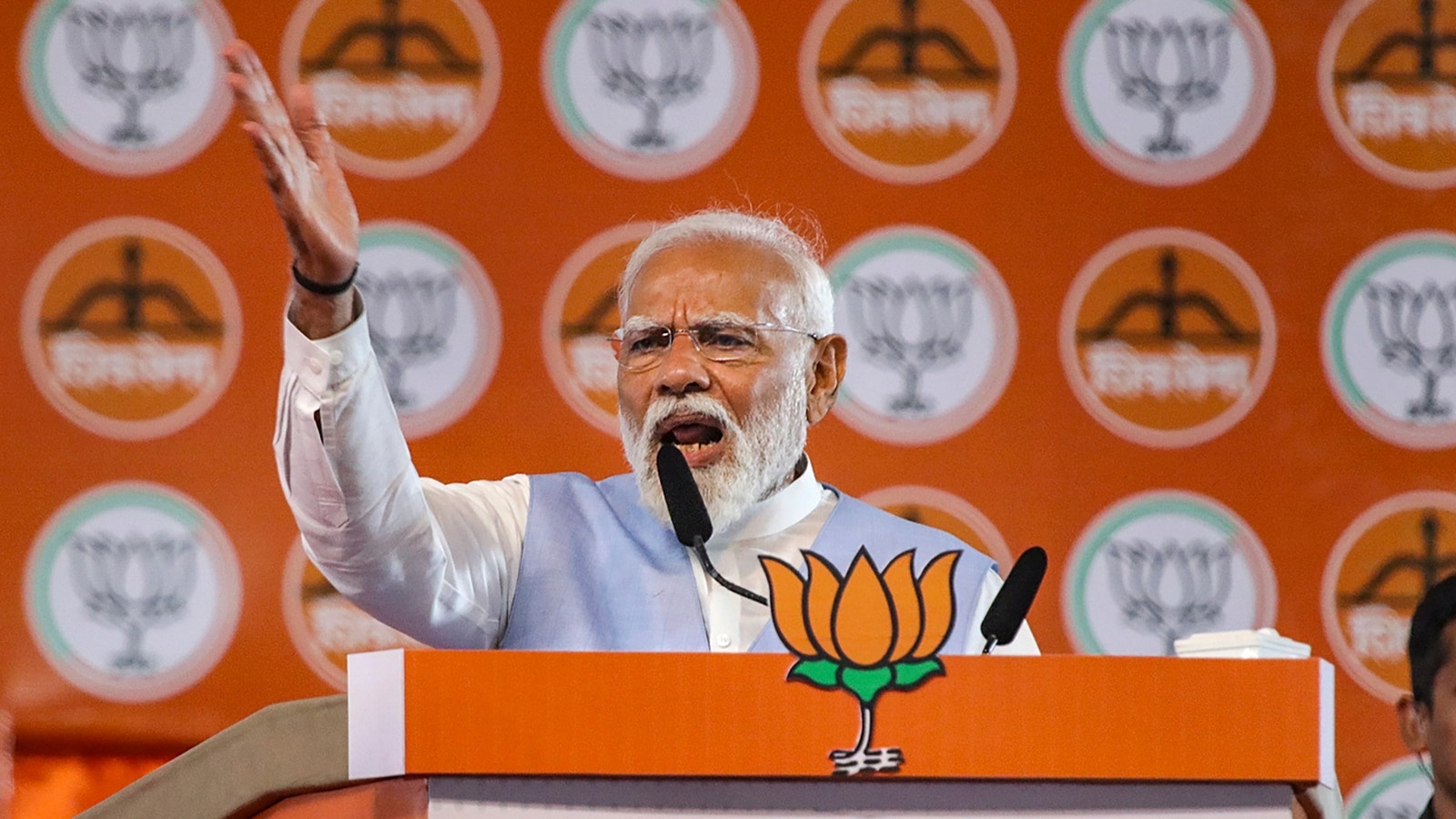Narendra Modi is set to take the oath as India’s prime minister for a third consecutive term today, following a challenging election that resulted in his Bharatiya Janata Party (BJP) losing its outright majority. The swearing-in ceremony will be held at the President’s residence in New Delhi, with approximately 8,000 guests, including leaders from neighboring countries like Bangladesh and Sri Lanka. The event is scheduled to begin after 7 PM local time.
The recent election saw the BJP fall short of a majority in the lower house of parliament, necessitating a coalition with its allies in the National Democratic Alliance (NDA). This political shift has left Modi in a diminished position, more reliant on coalition partners to govern the world’s most populous nation.
Cabinet Appointments and Political Negotiations
Despite Modi’s re-election, there are still unanswered questions regarding key cabinet appointments. Allies within the NDA are vying for significant positions, and the distribution of these roles has been a focal point of intense negotiations. On Friday, NDA members convened to officially endorse Modi as their leader, but the exact composition of the new cabinet remains undetermined.
Historic Third Term Amidst Economic and Social Challenges
Modi’s third term marks him as only the second Indian prime minister to be elected to three consecutive terms, following Jawaharlal Nehru. This milestone comes at a time when the BJP must address significant national challenges, including high unemployment rates, inflation, and economic growth. Modi has pledged to drive India towards becoming a developed nation by 2047, the centenary of its independence.
The electoral setback concludes a decade of BJP majority rule characterized by economic growth and criticized for centralizing power and perceived democratic backsliding. Analysts view the new coalition government as a potentially positive development, requiring greater compromise and cooperation, which could benefit the Indian populace.
Election Results and Future Outlook
The BJP secured 240 seats independently and 293 with its allies in the 543-seat Lok Sabha, a decrease from the 303 seats won in 2019. Analysts suggest that a coalition government under Modi’s leadership could lead to more balanced governance, fostering economic reforms while maintaining democratic processes.
Ian Bremmer, president of Eurasia Group, emphasized the significance of Modi’s continued leadership despite the need for compromise. “Modi remains a capable and popular leader, driving economic reform and leading the world’s most populous democracy. However, the need for compromise is a positive development for India and its global role,” Bremmer noted in a recent webinar.
As Modi prepares to embark on his third term, the political landscape in India is poised for a period of adjustment and potential growth, reflecting the evolving dynamics of its democracy.



